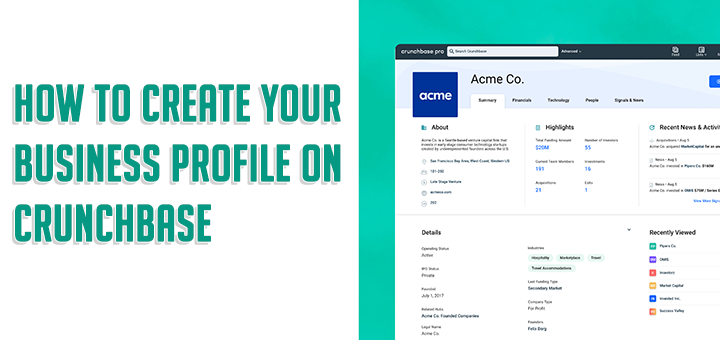9 best free SEO tools for your online Shopify store
For anyone working to improve their rankings in the search engines, there are a wealth of SEO tools available to help you with the process. For those with small budgets, you’ll be pleased to learn that many of the most useful SEO tools available are entirely free. It means even if you don’t have a lot of money to spend, you can accomplish a lot with the free SEO tools on the market.
1. Google Analytics
Everyone with a website should be using Google Analytics. It’s an extremely useful free tool that allows you to track how many people visit your website, and how they found it.
That latter part is important for SEO. You can see how well your SEO efforts are paying off based on how many visitors find you in organic search, and which pages they land on.
You can also use Google Analytics to see which keywords you’re currently ranking for (in Acquisitions > Search Console > Queries). And you can set up tracking for your desired conversions, such as email signups or purchases, in order to track how well SEO is helping you achieve your main business goals.

2. SEO Web Page Analyzer
Plug a URL into the SEO Web Page Analyzer and it will provide a score for how well optimized it is, along with details for what you’re doing well now and things you could be doing better. The tool looks at your meta title and description, your heading structure, your internal links, and the keywords used on the page.

3. PageSpeed Insights
Site speed is a key ranking signal for SEO. PageSpeed Insights, Google’s speed-testing tool measures how fast your site loads and provides a score from 0 to 100.
If the score is lower than you’d like, it also offers details on what’s slowing it down and recommendations for how to speed it up.

It’s worth noting that the PageSpeed Insights rating can be pretty harsh, so don’t worry too much if you’re not at that 90-100 range.
4. Google’s Keyword Planner
Keyword research is the cornerstone of any good SEO strategy. Many of the tools on this list are therefore focused on helping you identify the best keywords to target in your efforts.
Google’s Keyword Planner is a good one to start with. It will both provide average monthly search estimates for the keywords you enter, and recommendations for additional related keywords to consider.

While the tool is technically designed for people using Google Ads and some of the information relates more to Google’s pay-per-click service than search, the details are still useful for identifying SEO keywords.
5. Keywords Everywhere
Keywords Everywhere is a free browser plugin that adds keyword data and suggestions right onto the search engine results page (SERP) for every Google search you do. The data includes average search volume, cost-per-click, and level of competition for a list of related keywords, along with the keywords that show up in the “People Also Search For” section at the bottom of the SERP.
It makes doing keyword research a convenient part of your research process for every piece of content you work on.

6. Answer the Public
Answer the Public is another keyword research tool that will help you generate content topic ideas to target in your strategy. You enter a keyword relevant to your brand and it provides a list of related questions and comments divided into categories based on the type of question it is, prepositions, and comparisons.

7. Moz Link Explorer
While many of Moz’s tools require a subscription, Moz Link Explorer is free for up to ten link queries a month. The tool will provide you the link profile of any URL you enter.
Since backlinks are one of the most important (and hardest) parts of SEO, it’s valuable to identify both the links your website has already, and those your competitors have as well. Seeing what links websites similar to yours have can reveal opportunities to target in your link-building efforts.

8. Ahrefs Backlink Checker
Like Moz, Ahrefs is a company with a suite of paid SEO tools that also provides a free backlink tool you can use.
The Ahrefs Backlink Checker provides similar functionality—you can plug in any URL and get a score for the website’s domain authority, the number of backlinks it has now, the anchor text most commonly used, and a list of the top backlinks.

9. Schema Markup Generator
Schema markup gives Google information about your web pages that increases your chances of showing up with rich results in the rankings.
For example, if you use schema markup to tell Google a page has a recipe on it and fill in the appropriate fields with details about calories, the time it takes to make the recipe, and a photo of what it looks like when complete, you can get a result that looks something like this:

Adding schema markup to your web pages can seem complicated at first, but Google’s Schema Markup Generator makes it easy. When you click on a section of your page in the tool, it gives you the chance to identify what that part of the page is, and enter any information required for markup. Then it automatically generates the HTML you need to add schema markup to your site.

Source: Hostgator’s Blog









This is a fantastic compilation of free SEO tools tailored for Shopify store owners. Optimizing product listings and improving search engine rankings can be challenging, especially for those on a tight budget. Tools like Ubersuggest and Google Keyword Planner are invaluable for keyword research, while Schema Plus for SEO simplifies the implementation of structured data.